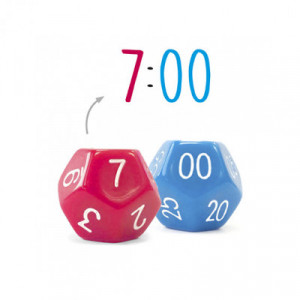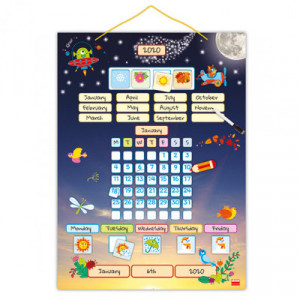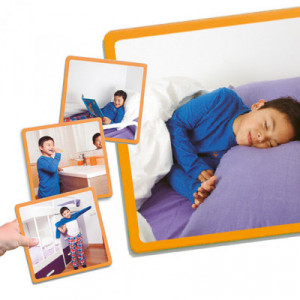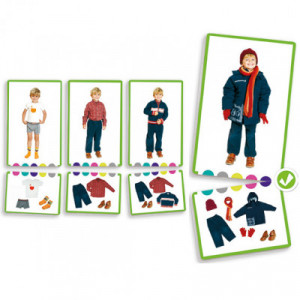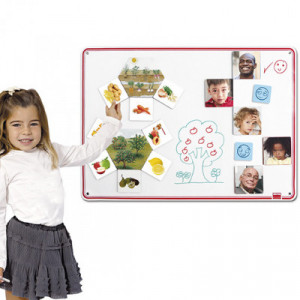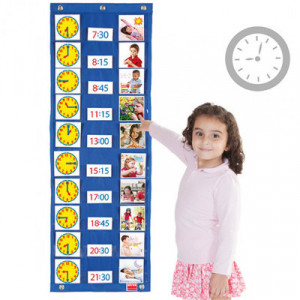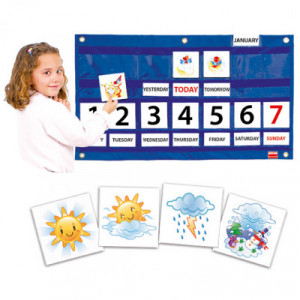Autonomy and time management
In the first years of life, autonomy is one of the bases on which our self-concept and self-esteem is formed. An autonomous child is one who is able to carry out the tasks and activities proper to children of his or her age and socio-cultural environment.
The following materials and games allow to make known and promote habits of hygiene, food and autonomy when dressing, through sequences, cards, calendars and plannings.

Autonomy is learned progressively. Giving them responsibilities is giving them the opportunity to feel valid. Allowing them to make small decisions and to choose between different options according to their age is to promote their autonomy.
Organizing and managing your time, both leisure and duty, by planning daily activities also helps to increase your autonomy.
Teaching the notion of time
Children are not aware of the implications of the passage of time until they are about five years old. Already at the age of three they are curious about when things happen, but do not understand the concept and tend to become impatient. At the beginning, it is enough to teach the difference between \before\" and \"after\". Once the child has internalized the concept, he or she will be able to understand and answer simple questions where the time factor is involved.
The next notion to acquire is the difference between day and night, so that the child can assimilate its daily rituals. The child will understand the chronology that governs his or her day with educational resources such as the Planning of daily activities or different calendars that cover different time periods, such as the week or the school season. When the child comes to this understanding, he or she can interpret parental requirements as \"we're late,\"\"wait a little,\" or \"I'm in a hurry.
Playful teaching helps children establish chronologies of events that occur during play. Games such as time and the clock help to understand the concept of time and its measurement in time. Sequence games allow children to arrange the different images that narrate a sequence in the correct order.
Over time, children will differentiate between the time slots of the day and when they have breakfast or lunch, for example. They will also become aware of the periods of time that elapse between these moments and become their first temporal references.
By establishing routines, the child will know what will happen after each event of the day. Their level of understanding, until they grow a little older, does not allow them to interpret more diffuse temporal terms such as Vacation or Christmas, and they will even use terms such as \"tomorrow\" and \"yesterday\" incorrectly.
"


